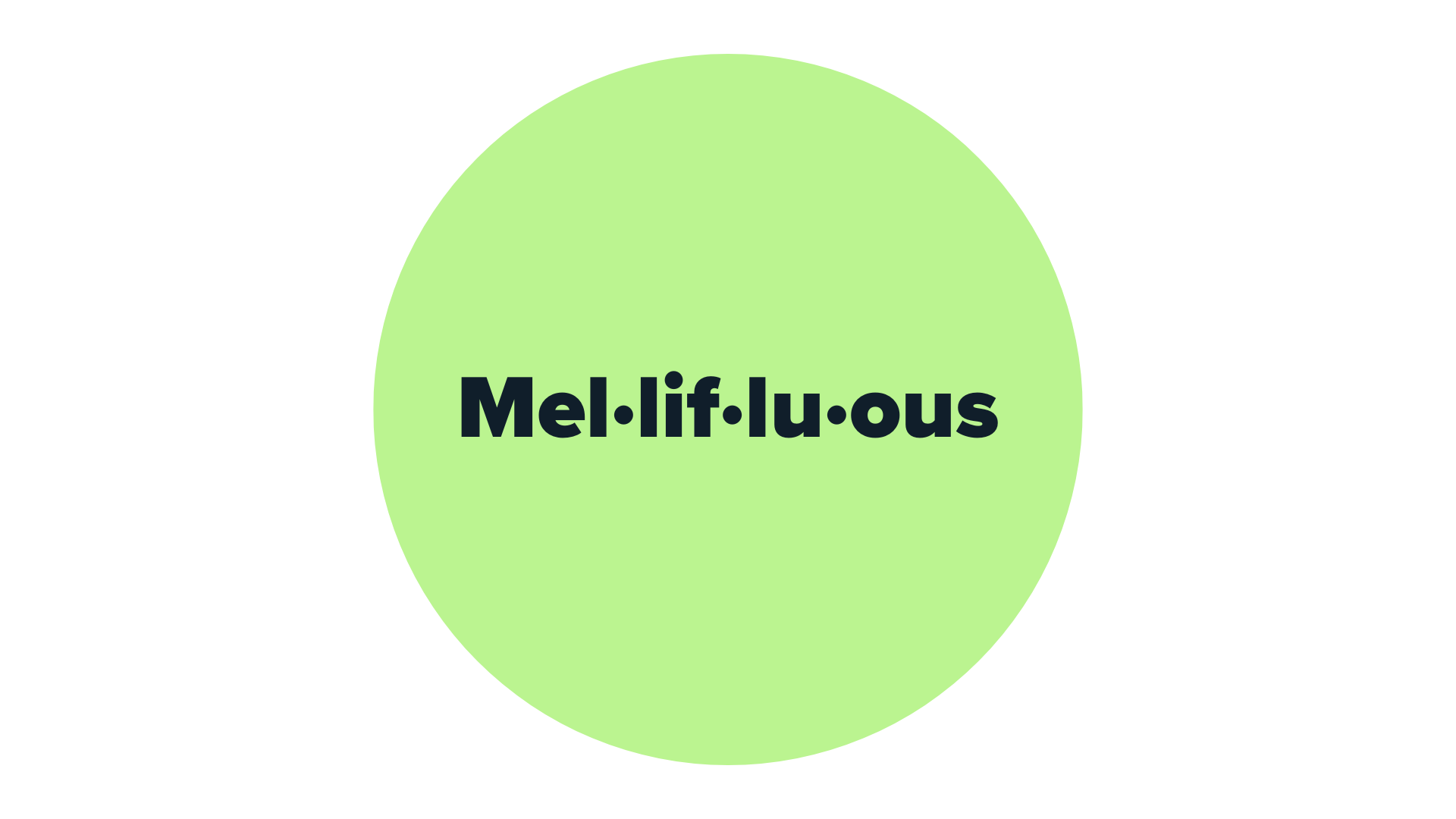I snuck out of the residency for a day to meet up with Loc, who had been in Korea for a conference and stopped in Fukuoka on his way back. It was a welcome break from the intensity of the project space. Just a small breather to walk through the city with someone familiar.
You know that feeling when you’ve been apart from someone for a while and then, when you’re together again, everything clicks back into place? That quiet, comforting recognition. Like, right, this is why I liked you so much in the first place.
I had to pick up a few things at the electronics store—tape, wiring, odds and ends—and he came along. Not just tagging along, but getting right into it and turning the errand into part of the adventure. It’s that rare kind of ease when someone fits seamlessly into your process, like they were there the whole time.
And then there’s that deeper comfort. The way you can speak without explaining. How you remember exactly what someone likes to eat, even if it’s different from what you’d choose, and still feel joy just watching them enjoy it. It’s not about dependence. It’s about being known. The weird parts, the quiet parts, the ridiculous parts. All of it accepted. That kind of deep knowing is a soft place to land.
Back in my little single bed at the residency, I started laying everything out—the electrical tape, the wires, the connectors. All the pieces were slowly beginning to make sense. I still don’t know how it’s all going to turn out, but it’s becoming something—and for now, that’s enough.
There’s something deeply satisfying about the tactile nature of making—cutting, connecting, taping. Each small motion pulls me back into the moment. Even though the project is still taking shape, I’m learning to trust the process—to let it unfold, piece by piece.
I’m also beginning to get to know the other residents better. There’s a rhythm forming between us. Casual dinners, conversations that drift from nothing to everything. These micro-rituals are becoming the texture of the experience. Even the silences feel companionable now. We’re slowly becoming a constellation of people orbiting the same moment.
One morning, we joined a national beach cleanup. They gave us gloves and a bag, and we wandered the shoreline, collecting trash. Even though my vocabulary was mostly limited to konnichiwa, I felt part of something. Saori, the owner of Studio Kura, organized a little gathering afterward with her community. She asked me to play music, and Ali led a painting workshop on the beach.
It was all so casual—I didn’t even fully know what was happening until I started playing. But then, something clicked. The ocean behind me, kids sliding down a makeshift water slide, birds in the sky and schools of flying fish leaping in and out of the water (Seriously, Ali swore they were jumping in time). No one was really paying attention, and somehow that made it better. I wasn’t performing—I was simply filling the space with sound. And in that quiet offering, I felt light. Present. Happy.
These are the moments that remind you just how universal we really are. Across cultures and languages, we gather around food, laughter, and shared experience. We clean beaches. We make art. We watch our children play. We make music beneath wide open skies. These small gestures—the ones that seem ordinary—are what stitch a community together.
And in those moments, even far from home, you can feel like you belong—even if, deep down, you know you don’t.
